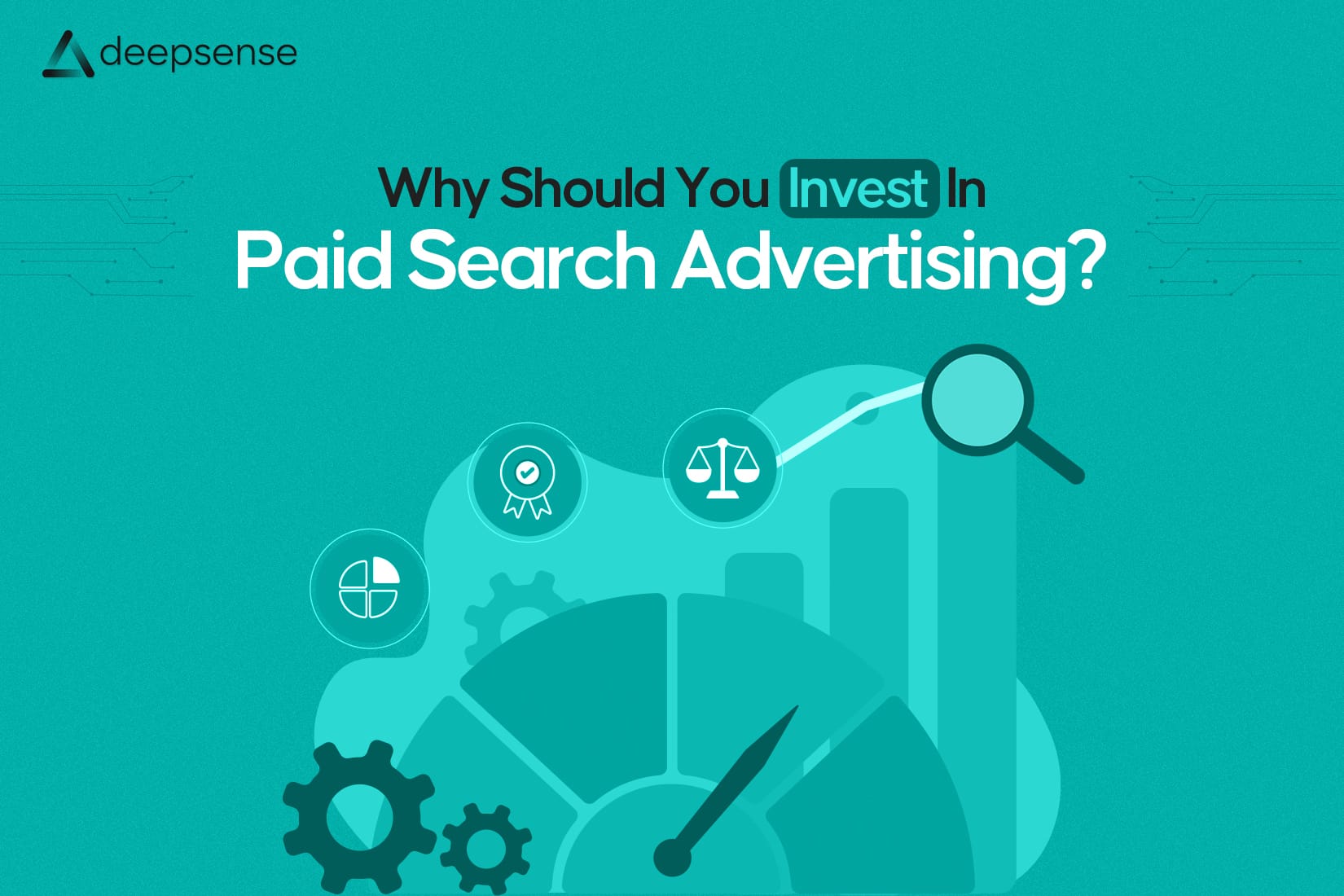Why Should You Invest in Paid Search Advertising?
Summary
Paid search advertising is an essential tool for businesses looking to generate leads, increase conversions, and stay ahead of the competition. With its ability to provide immediate visibility, target high-intent audiences, and deliver measurable ROI, it complements other digital marketing efforts effectively. Whether you’re a local business or a global brand, investing in paid search can drive significant growth and maximize your marketing efforts.
Introduction
In today’s digital world, businesses need to be strategic about how they reach potential customers. While organic marketing strategies such as SEO and content marketing are crucial, paid search advertising offers an immediate and highly effective way to drive targeted traffic to your website. If you’re still on the fence about investing in paid search, here’s why it should be a key part of your marketing strategy.
1. Immediate Visibility & Fast Results
Unlike organic search engine optimization (SEO), which can take months to generate significant traffic, paid search advertising provides instant visibility. The moment your ads go live, they appear at the top of search engine results pages (SERPs), ensuring that your brand is seen by potential customers actively searching for your products or services.
2. Highly Targeted Reach
Paid search allows you to target your audience based on specific keywords, demographics, location, device, and even user intent. This level of precision ensures that your ads reach the right people at the right time, maximizing your chances of conversion.
3. Cost-Effective & Measurable ROI
One of the most significant advantages of paid search advertising is that you have complete control over your budget. With platforms like Google Ads and Bing Ads, you only pay when someone clicks on your ad (Pay-Per-Click model), ensuring that every dollar spent is used efficiently. Additionally, robust analytics tools allow you to measure the return on investment (ROI) in real time, making it easier to optimize your campaigns for better performance.
4. Outperform Competitors
With the right strategy, paid search advertising can give you a competitive edge. If your competitors are investing in paid search, you risk losing potential customers to them. By bidding on relevant keywords and optimizing your ad copy, you can outrank competitors and capture more market share.
5. Boosts Brand Awareness
Even if users don’t click on your ad immediately, appearing at the top of SERPs helps build brand recognition. Consistent exposure increases the likelihood of users recalling your brand when they’re ready to make a purchase.
6. Complements Other Marketing Efforts
Paid search doesn’t work in isolation, it complements other digital marketing strategies. When combined with SEO services, social media, and content marketing, paid search can enhance overall marketing efforts, reinforcing brand messaging and driving higher engagement rates.
7. Flexibility & Customization
Unlike traditional advertising methods, paid search allows you to tweak and optimize your campaigns in real time. Whether it’s adjusting ad copy, modifying bids, or refining audience targeting, you can make data-driven decisions that improve performance.
8. Geo-Targeting for Local Businesses
For businesses that rely on local customers, paid search offers advanced geo-targeting capabilities. You can display ads to users in specific cities, regions, or even within a particular radius of your business location. This is especially useful for brick-and-mortar stores looking to drive foot traffic.
9. Captures High-Intent Audiences
Unlike social media ads, which often target users based on interests and behavior, paid search ads target users who are actively searching for solutions. This means they are more likely to convert since they already have intent to purchase or inquire.
10. A/B Testing for Optimization
Paid search platforms allow you to run A/B tests on different ad creatives, landing pages, and keywords to identify what works best. This data-driven approach ensures that you continuously refine your strategy for maximum effectiveness.
Conclusion
Investing in paid search advertising is a smart move for businesses looking to generate leads, increase conversions, and stay ahead of the competition. With its ability to deliver immediate results, target high-intent audiences, and provide measurable ROI, paid search is a powerful tool that should be a core part of your digital marketing strategy.
If you haven’t already leveraged paid search, now is the time to start. With the right strategy in place, it can drive significant growth for your business.
FAQs
1. What is paid search advertising?
Paid search advertising is a digital marketing strategy where businesses pay to display their ads on search engine results pages (SERPs). These ads appear above organic search results when users search for specific keywords.
2. How does paid search differ from SEO?
SEO focuses on improving organic rankings over time, whereas paid search provides immediate visibility by placing ads at the top of search results. Paid search requires a budget, while SEO is a long-term investment in website optimization.
3. How much does paid search advertising cost?
The cost of paid search advertising varies based on factors such as keyword competition, bid strategy, and industry. Since it operates on a pay-per-click (PPC) model, you only pay when someone clicks on your ad.
4. What are the best platforms for paid search advertising?
Google Ads and Microsoft Advertising (Bing Ads) are the most popular platforms for paid search. Google Ads has the largest reach, while Bing Ads can be cost-effective for certain industries.
5. How can I measure the success of my paid search campaign?
You can measure success using metrics such as Click-Through Rate (CTR), Conversion Rate, Cost-Per-Click (CPC), and Return on Ad Spend (ROAS). Analytics tools provide insights to optimize performance and improve results.











